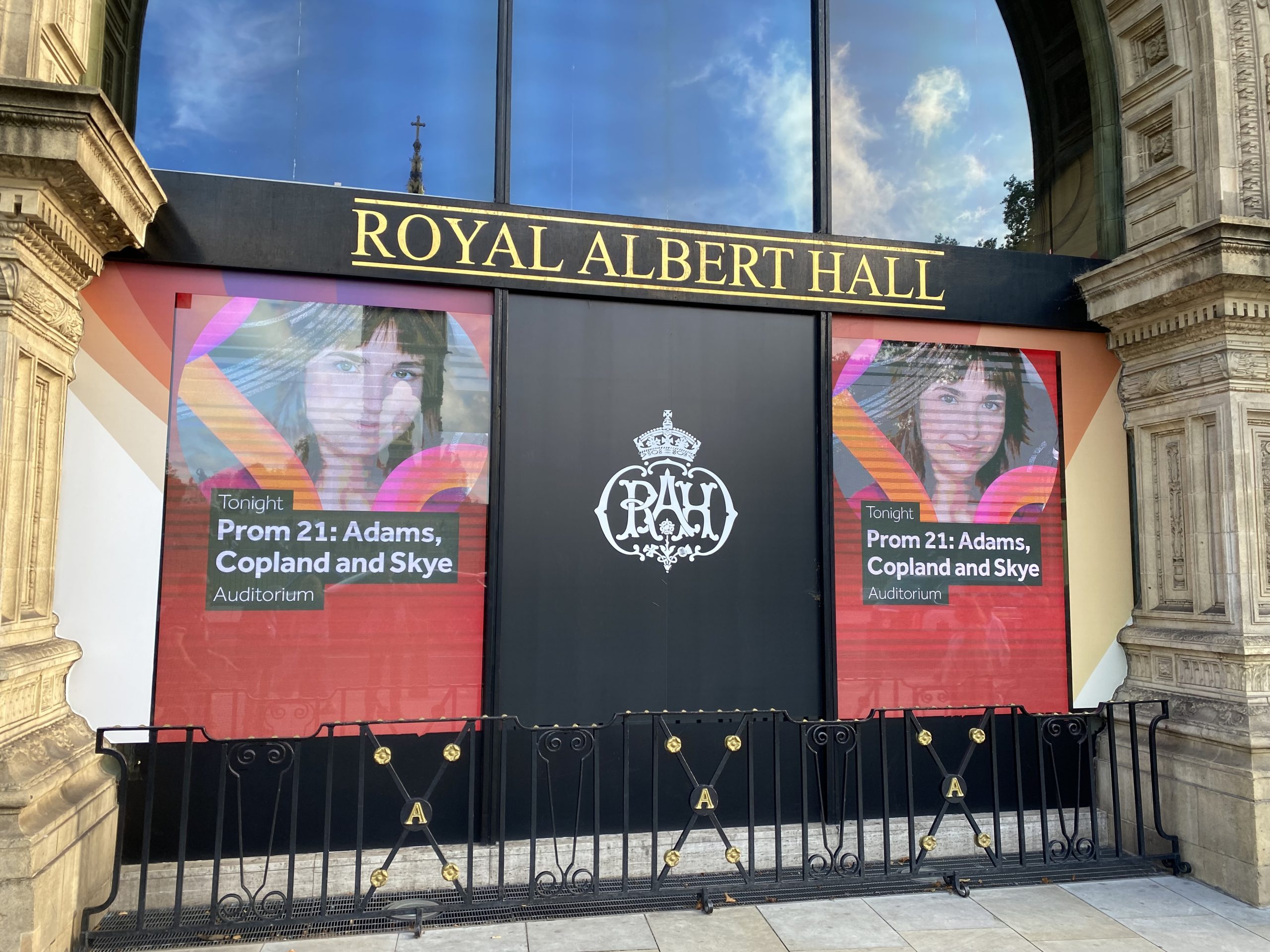
I was at the Oval in London on Monday. Not the Kennington Oval to see Stuart Broad’s amazing fairytail swansong as a test cricketer. I was 3.5 miles north west inside the oval of the Royal Albert Hall for an all-American concert performed by the BBC National Orchestra of Wales under Ryan Bancroft.
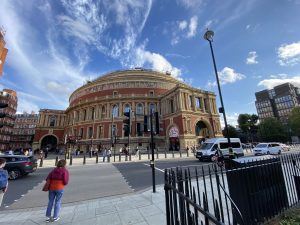 I wasn’t planning to come for the Monday concert but I looked at the ticket availability on Saturday night and was startled at how many empty seats there were. I felt I simply had to support the concert especially as it was focussing on the music I champion and gave me a chance to see Copland’s only two concertos in the space of a few weeks (I am seeing Paul Lewis and the Liverpool Philharmonic perform Copland’s Piano Concerto in September).
I wasn’t planning to come for the Monday concert but I looked at the ticket availability on Saturday night and was startled at how many empty seats there were. I felt I simply had to support the concert especially as it was focussing on the music I champion and gave me a chance to see Copland’s only two concertos in the space of a few weeks (I am seeing Paul Lewis and the Liverpool Philharmonic perform Copland’s Piano Concerto in September).
This concert featured two alive composers (John Adams and Derrick Skye) as well as Copland (who died in 1990). Even for the BBC Proms, it is pretty rare to find a concert in which such contemporary and recent works are being played. Others this year include Prom 34 Mindful Mix Prom (features Caroline Shaw, Philip Glass and Eric Whitacre) and Prom 46 Manchester Collective Neon (featuring Steve Reich and David Lang).
Even with my presenece in the auditorium it was probably only 60% full. I find it a tremendous shame that new and newish classical music seems such a hard sell. Please support these concerts. It’s so important that the Proms continues to showcase living and breathing composers – not just the long dead ones!
Derrick Skye’s Nova Plexus, a BBC commission, world premiere was a delightful opener. It’s a piece inspired by our sun and as such I was expecting some violent percussion and brass to suggest flares and coronas. But instead it seemed to be more from the school of the music of Alan Hovanhess with a blend of celestial spirituality, eastern mysticism and a depiction of the beauty of nature. I love Hovanhess’s Mount St Helen’s Symphony but when the volcano erupts it’s still a bit polite as it if the volcano has a lid on top of it! This was a bit like that. I was waiting for a super nova and it didn’t come. There were plenty of highlights though. At one point the strings and brass produce a great sound that was very evocative of solar wind. Also, some lovely solos for the flute (Matthew Featherstone) and lead cello (Alice Neary). Not Bazball then, but a straw poll of the people sitting next to me was very positive. The person in the next box who didn’t have a programme wondered if that was the piece by Copland – high praise indeed!
Copland’s Concerto for clarinet harp and strings composed in 1948 was up next. This was performed by former BBC Radio 3 New Generation Artist Annelien Van Wauwe who played it perfectly. If I’m honest, it was a bit too perfect for me. Slightly too pristine (see foot note). It’s a work that needs some edge especially in the cadenza and fast second movement. I think I would have loved her to play it with greater abandon and risk the odd bum note. There were a couple of moments when she bent notes well beyond where they normally go and that got me really excited. Throughout the work she didn’t put a (pink shoed) foot wrong. The audience loved it though and she obviously enjoyed playing it.
During the interval I mentioned to my fellow concert goer sitting next to me in the box that the Clarinet Concerto was Copland’s last major orchestral work for 14 years (Connotations in 1962) During the 50s Copland concentrated on song cycles, his opera The Tender Land, serial works such as the Piano Quartet and Piano Fantasy.
I would love to programme concerts and pick things that seem unconnected but have a very neat link. The curator of this concert pulled off a really nice trick by following the Copland with the choral symphony by John Adams called Harmonium composed in 1981. Interestingly, Copland’s previous composition before the Clarinet Concerto was the choral masterpiece In the Beginning (a setting of the bible book of Genesis) and one of the next things he worked on was his 12 Poems of Emily Dickinson.
Harmonium also sets poems of Emily Dickinson and John Donne and both composers utilised The Chariot, one of Dickinson’s most famous works. It’s a bit of an eclectic and seemingly odd switch to go from vibrant South American jazz to idiosyncratic transcendental poetry! But that’s how Copland’s mind worked!
It was a big leap in scale though as Harmonium requires a quadrupling in the number of individual performers involved with the BBC NOW joined by the BBC National Chorus of Wales and the Crouch End Festival Chorus. I purposefully didn’t listen to it in advance as I wanted to be surprised and hopefully delighted. I was – especially by the first and last movements. Anyone who was wowed by Orff’s Carmina Buranna or Beethoven’s 9th in the previous weeks at the Proms would surely have been equally impressed. I particularly loved the first half of the third movement, Wild Nights which gave me all of that brooding power that I was anticipating in Nova Plexus. Wonderful singing and I was particularly taken by the persistent double basses and bass trombones.
What was really unexpected though was how Adams dealt with The Chariot in the middle section. Whereas Copland accentuates the lyrical, the Adams treatment accentuates the prosaic. There was virtually no modulation and it would be hard to be more different. Again, going back to The Ashes, it reminded me a bit of how the Australian cricketers have batted in the current series – a tendency for digging in compared to England’s all out attack.
I love hearing new works for the first time and not knowing where the experience will take me, what images it will conjure up and neural pathways that will be stimulated. I certainly didn’t expect to go to the Proms and be comparing the experience to Bazball! Maybe I’m as eclectic as Copland?
Footnote
I was bothered by the fact that I hadn’t been bowled over by Annelien Van Wauwe’s playing of the Clarinet Concerto. Everything seemed spot on but for some reason it didn’t quite light my fire. I at first thought it might be that it was played too slow. Luckily, as it’s a Prom it was available to listen to again on BBC Sounds and this allowed me to time the two movements and the cadenza. The timings were:
- Slowly and expressively 5:50
- Cadenza 2:30
- Rather fast 8:03
Total time 16:23
Rather unexpectedly it was the opposite of what I thought. It was too fast! I wanted to check so I looked at the timings of 40 (yes, 40 recordings – online and Spotify – not even I own 40 recordings of the Clarinet concerto!). I then put them into groups based on their total length.
- < 16 minutes 2 recordings
- 16:00 – 16:29 5 recordings
- 16:30 – 16:59 10 recordings
- 17:00 – 17:29 15 recordings
- 17:30 – 18:00 6 recordings
- 18 minutes 2 recordings
So out of 40 recordings, only 7 are around the same timing that Van Wauwe and the BBC NOW performed it in. The vast majority of clarinettists play it much slower. I guess I must love it when it is allowed to breath. The recording I cut my teeth on (so to speak) was Stanley Drucker and the NY Philharmonic. That comes in at 17:51. Benny Goodman made two recordings – one of 16:51 and the other of 17.30.
And what of the long and the short? These, I must listen to:
- At 18:19 Martin Frost and the Australian Chamber Orchestra (2011) and
- At 15:51 Andrzej Wojciechowski and Gdańsk Academy of Music Chamber Orchestra (2019)
Slow mo and superfast! It will be interesting to know what I make of them. I’ll let you know!

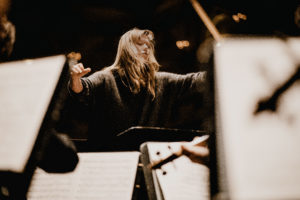
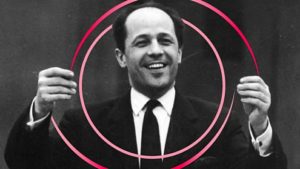
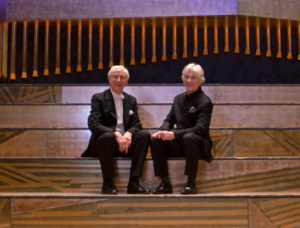




Leave a Comment